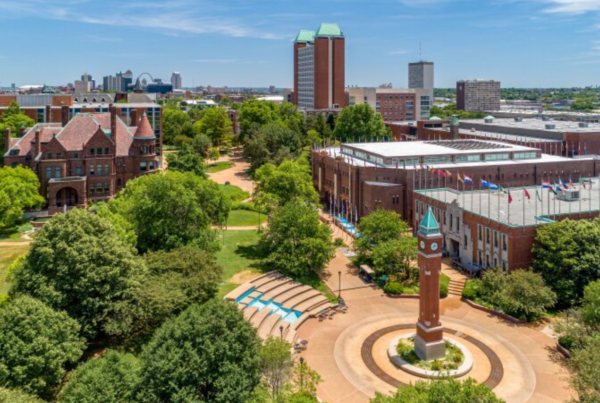Like admissions to undergraduate universities, admission to medical school has become more competitive in recent years. Partly due to a growing increase in health care careers amidst the pandemic, the number of applicants to medical school has increased much faster than the number of spaces available at accredited schools of medicine.
For aspiring physicians, the concept of bypassing the MD admission process–being able to go straight from undergraduate to medical school and having to only apply once, can be appealing. There are a number of programs, known as “accelerated medical” or BS/MD programs, that we have had many students consider. Keep in mind that each program is a little different and has its own requirements, but in general, here are some of the benefits and drawbacks to these programs:
- Potential Waiver of the MCAT requirement: For some students, standardized testing is a stressful process, even if they are strong test-takers! One benefit of some BS/MD programs is that students may be accepted to the medical school component of the program without needing to take the MCAT exam. This can save time engaging in test-prep and also any anxiety associated with standardized testing.
- Saving a year of tuition: The length of BS/MD programs varies, but one perk for some programs is that they compress your undergraduate and medical education into 7 years instead of the more traditional 8. This can provide a cost savings, and also allow you to begin your career in medicine a year sooner than you otherwise would, which, for some students, is a big benefit.
- Curricular considerations: If you are considering BS/MD programs, it would be wise to investigate the programs’ curricula carefully to understand what courses you will need to take and when. The amount of freedom students have to choose their majors and courses varies widely among the different programs. Some programs allow students to choose any major, even in the humanities, while others have an intensely prescribed curriculum and restrict students’ majors to the biological sciences. Depending on what type of collegiate academic program you are looking for, some BS/MD programs may be a great fit, while others may not.
- Probably one of the most important things to contemplate as you consider whether a BS/MD program might be the right fit for you is how certain you are that you want to be a doctor. Most BS/MD programs are structured in a way that makes them unappealing to students who may want to explore different courses of study or different careers. Thousands of college students each year change their majors and intended careers. If you think you might be one of them, it’s possible that a BS/MD program isn’t the right choice for you. So take time to learn more about careers in medicine to be sure you would enjoy medical school and what it takes to be a doctor.
- Finally, understand that admission to BS/MD programs is exceptionally competitive. Gaining admission to even one BS/MD program is difficult, and so we always caution prospective BS/MD applicants that pursuing these programs will result in many more essays, interviews, and other application materials than more traditional undergraduate admission programs.
Interested in learning more? We’d be happy to talk to you about how our counselors work with students to find the right fit programs, no matter their career aspirations!





